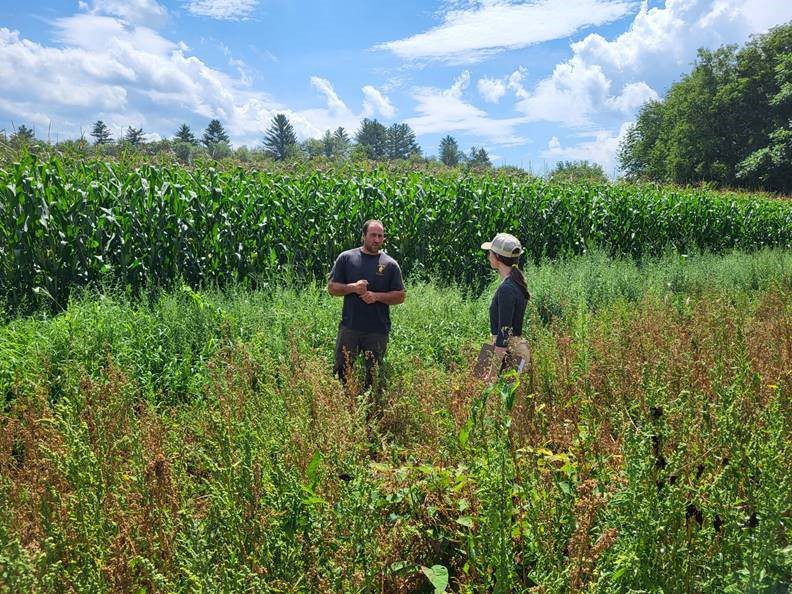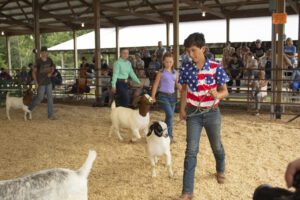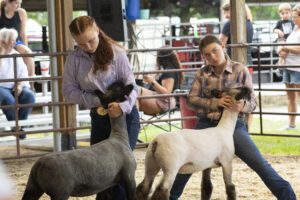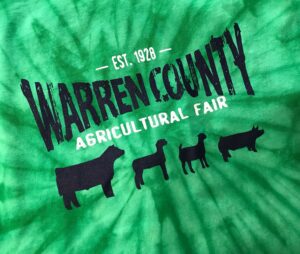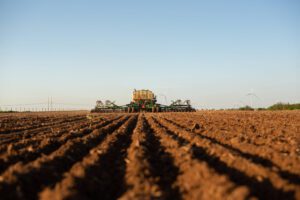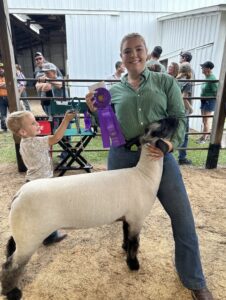USDA’s Natural Resources Conservation Service unveils the new easement option that offers long-term protection of the land and ensures timely transfer of ownership to qualified producers.
DeFreest Farms, with support from local, state, and federal conservation partners, has protected a 70- acre parcel for farming, flood resilience, and recreation. The DeFreest transaction closed on Jan. 18, 2024, making it the first farmland conservation project in the country to close under the USDA Natural Resources Conservation Service (NRCS) Buy-Protect-Sell process in NRCS’s Agricultural Conservation Easement Program – Agricultural Land Easement (ACEP-ALE).
A Buy-Protect-Sell transaction is a new option for eligible entities to acquire farmland that is at risk of being developed quickly, and the entity transfers the ownership of the land to a qualified farmer or rancher. These transactions offer an opportunity for entities to protect threatened agricultural land and grasslands, in cases where the landowner is unwilling or unable to sell an ALE. The Buy-Protect-Sell projects also aim to help farmers and ranchers, especially underserved producers, gain access to land.
The newly protected land lies along the eastern bank of the Mad River in the heart of the scenic and productive Mad River Valley in Vermont. Fourth-generation dairy farmer Dave DeFreest and his extended family run a 1,200-cow operation based in Warren, Vermont. The DeFreests previously rented the parcel from the former owners, who operated a dairy from the 1960s to the early 2000s.
The land went on the market after the previous owner passed away. The Vermont Land Trust purchased the land with the intent to conserve it and sell it to the DeFreests at an affordable price, meeting the goals of the ACEP-ALE Buy-Protect-Sell process. The Vermont Housing and Conservation Board was also a partner in the transaction.
“This multifaceted conservation project provides many public benefits – all of which are enabled by farmers like the DeFreests, who are willing to participate in a rather complicated process,” said Britt Haselton, Vermont Land Trust conservation director. “I’m really grateful for Dave’s patience and for his family’s deep commitment to the Mad River Valley community. And we’re equally grateful for the terrific conservation partners that helped make this project happen.”
The conservation easement on the 70-acre parcel protects its productive soils from development and ensures that the land will remain available to future farmers. It also protects the property’s water, wildlife habitat, and recreational resources.
“The easement has helped us secure a vital piece of our existing land base as well as contribute to our ongoing goal of environmental stewardship,” DeFreest said.
The Defreest Farm has also participated in the Environmental Quality Incentives Program and have planted cover crops to mitigate soil erosion into surface water and reduced tillage activities to increase soil health and improve soil quality.
To learn more about ACEP-ALE or how a buy-protect-sell easement transaction may be an option for your land, reach out to your local NRCS service center or a local entity like a land trust that purchases conservation easements. NRCS service centers can be found at http://www.nrcs.usda.gov/contact/find-a-service-center.
The next cut off for easement applications in Illinois is December 20, 2024. Interested applicants should submit an application to their local NRCS office.
***Courtesy of USDA’s Natural Resources Conservation Service***


